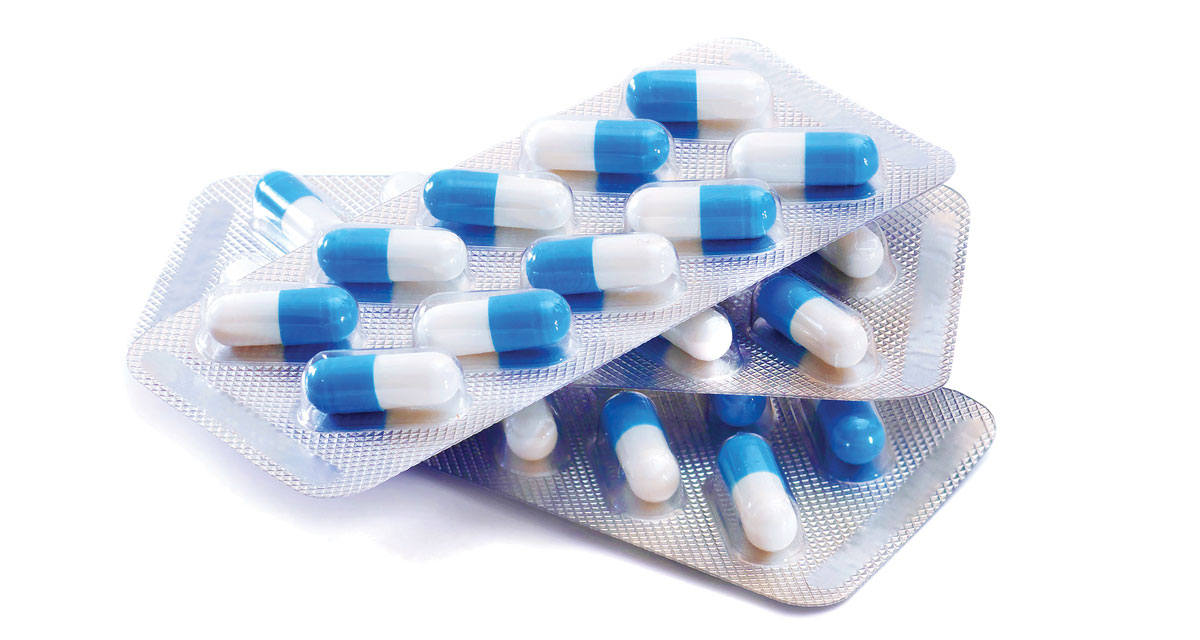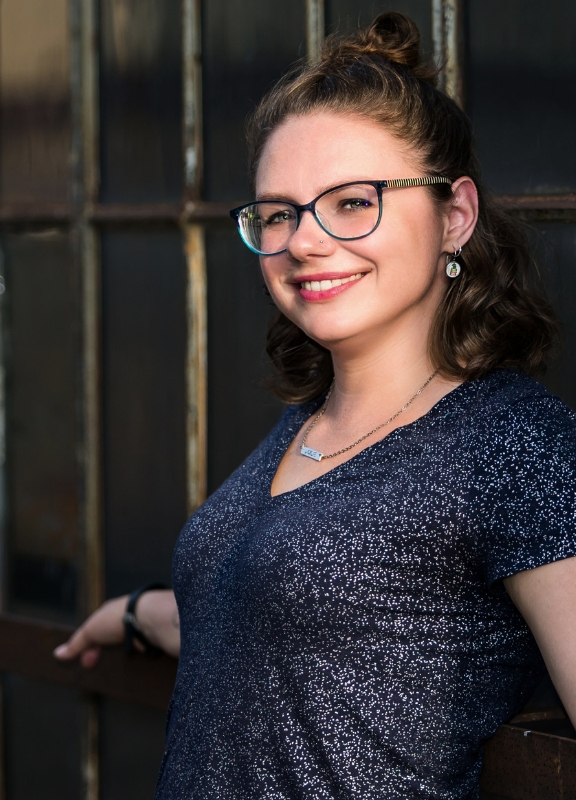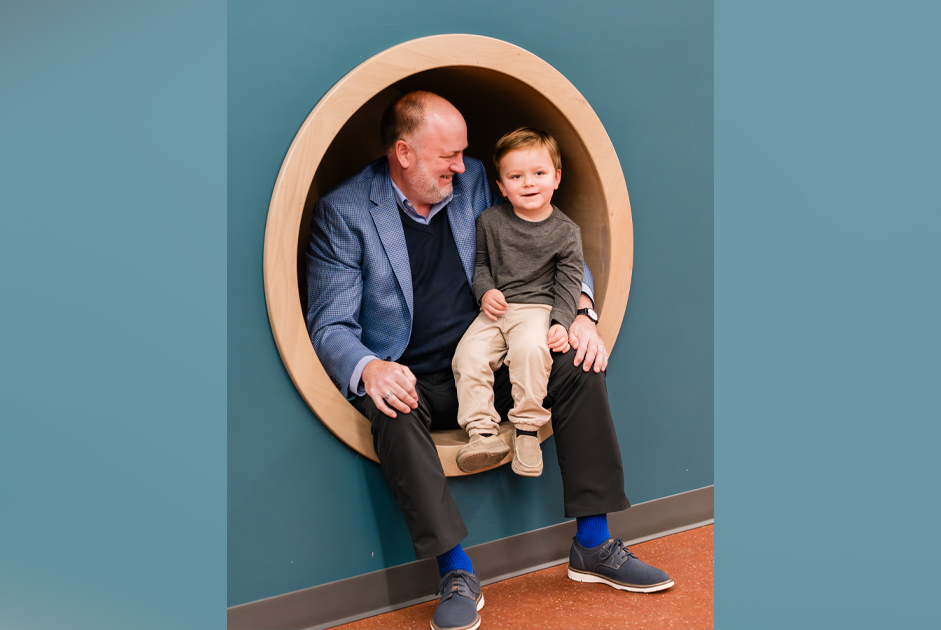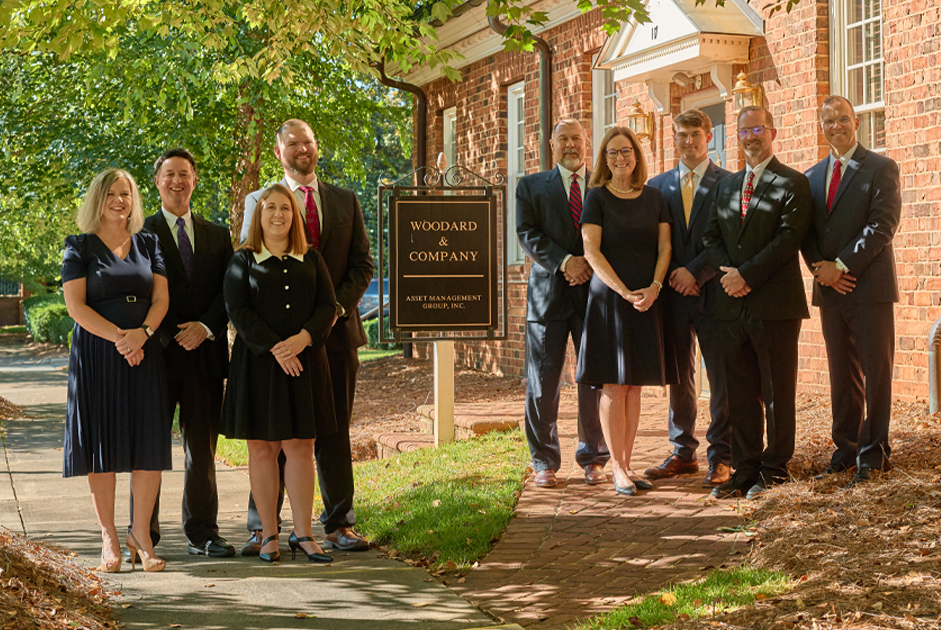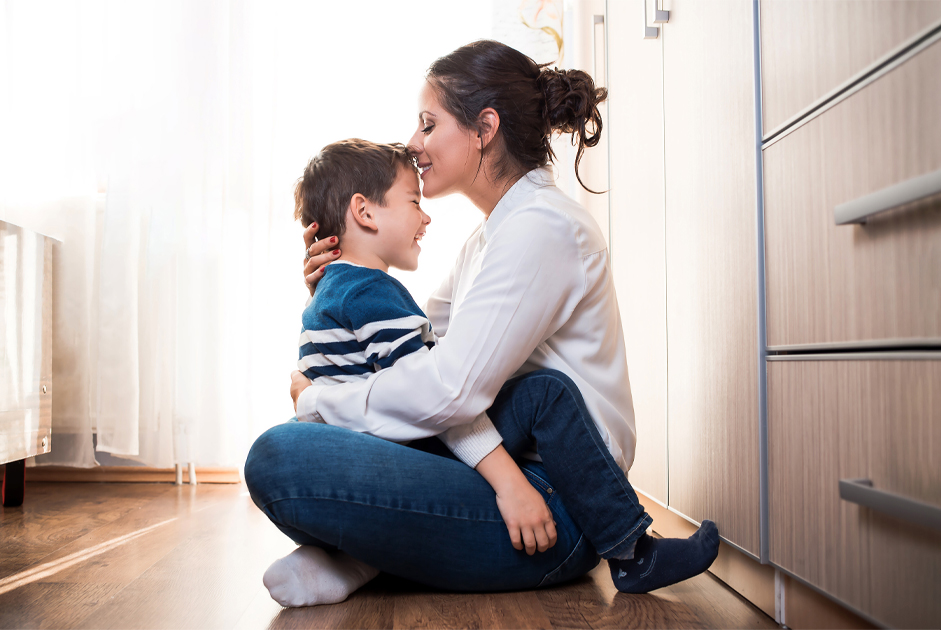The phone rings and my palms start sweating, my heart races and I have to take deep breaths to calm myself down. What if it’s the school again? Which kid got in trouble this time?
This was my reality a year ago. My children, in 1st and 3rd grades, are sweet, smart, and occasionally motivated. They are also the poster kids for ADHD. For those of you who don’t live with this, let me explain what this means. It means they physically can’t control a lot of their impulses. It means meltdowns afterward, because they don’t understand why they can’t just control themselves. It means countless parent-teacher conferences, and meetings with school administrators trying to come up with ways to help them succeed in school. It means therapy—for everybody.
Right around when things got super crazy with the kids in school, and I put them into therapy, I decided to try therapy for myself. If you haven’t done it, I highly recommend taking the plunge. I learned a lot about myself, including an anxiety diagnosis. After six months of intensive therapy, I took the next step of starting on anti-anxiety medication. And let me tell you, folks, it was an absolute life-changer. I stopped having anxiety attacks multiple times a week. I started being able to regularly step back and control my anxiety before it controlled me. Most importantly, it helped me realize that there was nothing wrong with me; I just had a chemical imbalance in my brain that could be corrected with medication.
Growing up, I felt like there was always this stigma surrounding ADHD medication. In my mind, Ritalin was used as a filler for parenting. If the parents were better at controlling their children, then they wouldn’t need to medicate them. Ah, the joys of being a perfect parent before actually even being a parent. I knew academically that this was wrong, but until I myself started medication, I didn’t realize exactly how wrong it was.
At this point, I started seeing my children through a different filter. I could see that they were trying so hard to “be good” as they said—although we continue to stress the importance of using language such as “making good choices” vs. “being good.” They knew what choices they should be making, like to stay in their seats during instruction time at school, yet they physically were not able to control it.
It was shortly after this revelation that I found myself crying at the pediatrician’s office, because I felt that I had somehow failed them by not coming to this decision earlier. After being assured that I am not (thanks, Dr. Warner!), we got a prescription for our oldest son. It took a few tries, but after finding the right medication and dosage, I can honestly tell you that it has flipped his world right-side up. While obviously we still go through many normal parenting struggles (apparently nine-year-olds are incapable of keeping their rooms clean?), we can see a huge difference in his performance at school, at home, and, most importantly, a large boost in his self-esteem. We found the same with our youngest son after we started him on medication as well, and they have both expressed how joyful they are to be able to control their impulses better.
For all the parents reading this who have gone through this, or are going through this, or are going to go through this: YOU ARE A GOOD PARENT. Your child’s diagnosis does not define them, just as it doesn’t define you. Keep on advocating for, and loving, your children with every ounce of your being, and know that if you chose to go down the medication route, it is okay. You’ve got this. We’ve got this.

